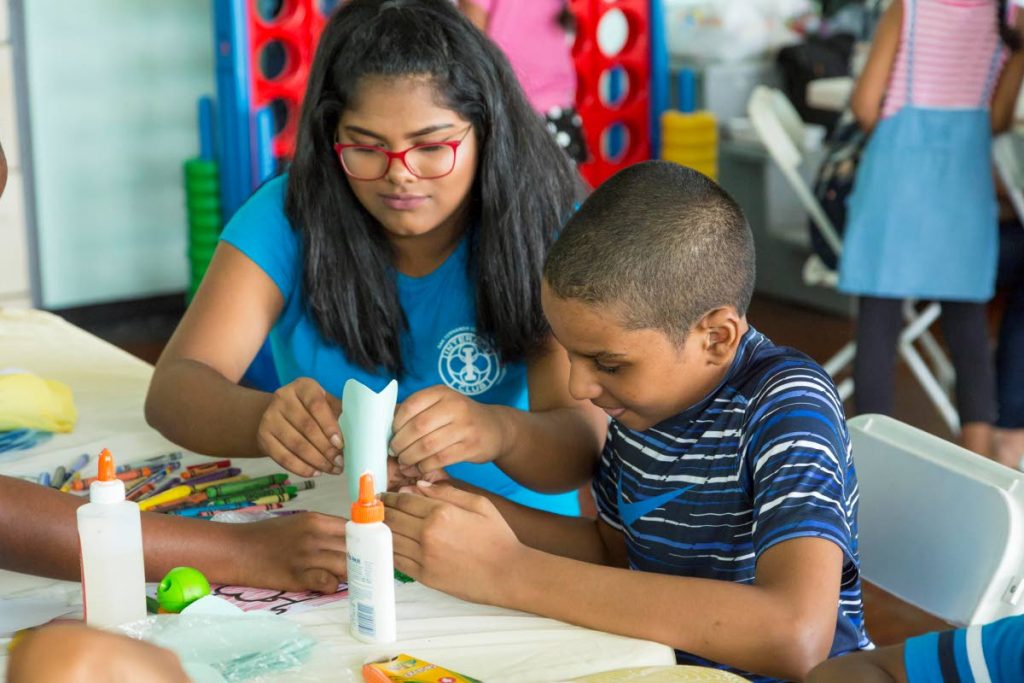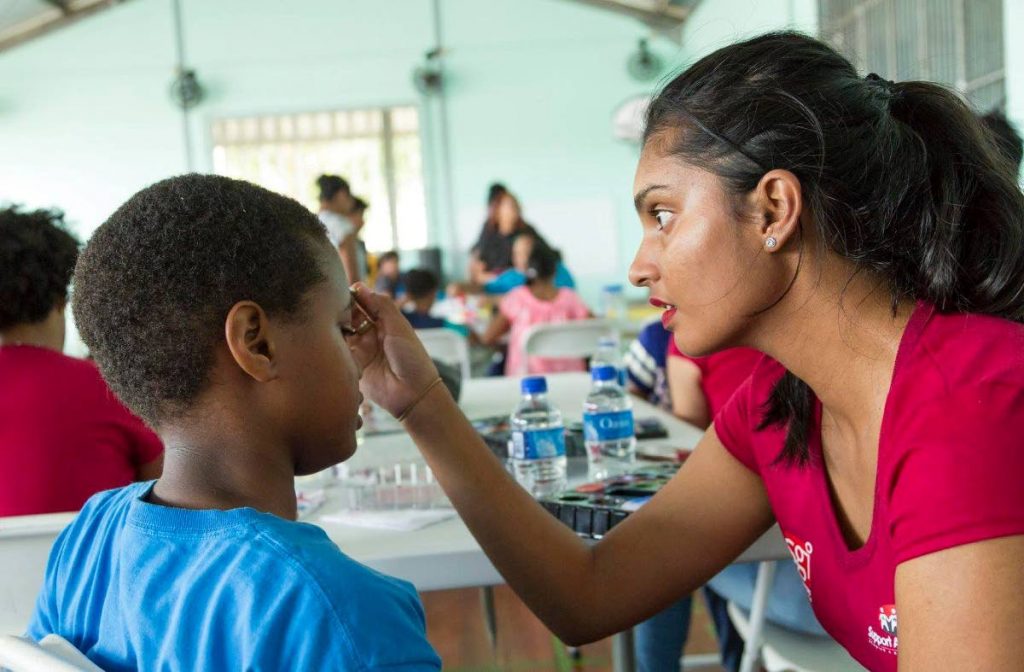Autism and covid19-related poverty

DR RADICA MAHASE
“I never considered myself a poor person. My wife and I were always contented with what we have. I am a construction worker and I earn enough to take care of my two children. Even when our son was diagnosed with autism and needed all kinds of therapy I just took more work to make sure that we could afford at least the basics for him. Even when my wife left her job to stay home and take care of him we were okay.
And then covid19 hit and the construction industry shut down and life became so much more difficult. I went from earning a decent salary to living off my savings which wasn't much considering that I had just invested in a vehicle, not thinking that things would go so crazy. Can you imagine, I had to run down the salary relief grant? From the minute they started giving out forms I applied for it and still nothing. So now I have to rely on hampers from people. It is humiliating that me, a big healthy man can’t even afford to feed my children and have to depend on hampers?”
The World Bank estimates that covid19 will force about 40-60 million people into extreme poverty, with the best estimate being 49 million globally. TT is not considered a high-risk country for poverty – according to the World Trade Organisation we are a high income developing country with a GDP per capita of over US$15,500. The UNDP Human Development Report 2019 states that, in TT, 0.6 per cent of the population (9,000 people) are multidimensionally poor while an additional 3.7 per cent are classified as vulnerable to multidimensional poverty (50,000 people). This is calculated based on deprivations suffered by individuals in three dimensions: health, education and standard of living.
The special needs population in TT is a particularly vulnerable population because of deprivations experienced in at least two out of the three determining factors – health and education. Many parents/caregivers are forced to spend large chunks of their incomes in order to access healthcare and education for their special needs child and their capacity to save is significantly decreased, sometimes almost non-existent.

The covid19 situation only exacerbates an already bad situation for many special needs families in TT. David above, is now in a situation where he is dependent on handouts despite the fact that he is willing and able to work. Bella, a mother of a child with autism and various medical complications noted, “In the last couple of months I had to spend so much of my savings on medications for my child. Every time we go to the clinic and get a prescription, the medicine is not available in the hospital pharmacy so I have to buy it. Clinic was cancelled two weeks ago and he got really sick so I had to pay for a private doctor to see him.”
Covid19 represents more than just stay at home measures, restrictions on children and lack of therapy. It means that lack of healthcare and general inadequacies in the healthcare system now force parents to have to purchase medications for their children or pay for a private doctor. It means that because there was only one breadwinner in the family (someone has to stay home to care for the special needs child), unemployment means no source of income for the family.
This is made even worst by the inaccessibility of relief measures. As one parent noted, “I had problems filling out the form and on the day that the MP office was helping persons to fill out the form I couldn’t go because my daughter had an earache and was having a very rough day. Finally someone helped me fill it out and I sent it in but it’s been weeks and nothing yet. I heard that the church near to me was giving out hampers but you had to put your name on the list and when I went to do that they said I didn’t come to church regularly and I couldn’t get a hamper.”
The special needs population in TT is already a vulnerable and marginalised one and the covid19 measures have now driven special needs families either into poverty or on the brink of poverty. Not even one cent out of the millions of dollars spent on relief measures has been allocated for the special needs population.
Dr Radica Mahase is the founder/director of Support Autism T&T

Comments
"Autism and covid19-related poverty"